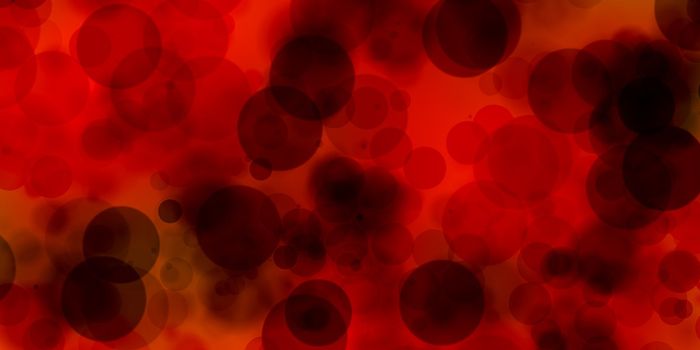A Triple Immunotherapy Regimen for Pancreatic Cancer
Immunotherapy, including immune checkpoint inhibitors (ICIs), has changed the landscape of cancer treatment in the last decade. Immunotherapies, treatments targeting a patient’s immune system instead of the cancer itself, work on cancers considered “hot,” indicating that the tumor contains immune cells and factors which favor an anti-tumor immune response. Cancers that respond to immune-based therapies are known as “immunogenic” since the treatment can stimulate the immune response.
On the other hand, “cold” cancers, characterized as “non-immunogenic,” fail to respond to immunotherapies. One cancer understood as refractory to immune-based regimens is pancreatic ductal adenocarcinoma (PDAC), a highly aggressive pancreatic malignancy where less than 10% of patients survive five years past diagnosis. ICIs, including those targeting PD-L1 and CTLA-4 lack the efficacy to impact survival outcomes in PDAC patients significantly. Further, estimates project that by 2030, PDAC will rise to the second-highest cause of cancer-related deaths. Thus, there remains a significant need to develop novel and practical strategies to treat patients with this disease.
In a major advancement in PDAC research, a new study published in Nature Cancer demonstrates the efficacy of a triple immunotherapy regimen in mouse models of PDAC. The study investigates the therapeutic efficacy of two immune checkpoint targets, 41BB and LAG3. When administered to PDAC-bearing mice, a 41BB agonist and LAG3 antagonist extended survival and enhanced anti-tumor immune activity.
The researchers observed several indicators of improved anti-tumor immunity in mice receiving these immunotherapy treatments. Importantly, stimulation of 41BB and blockade of LAG3 elicited pro-immune effects of T cells and myeloid cells, indicating a multi-faceted approach. Further, in addition to enhancing anti-tumor immunity, these treatments also reduced immunosuppression, further improving the therapy's effectiveness.
While mice receiving 41BB or LAG3 therapy survived longer than controls, these drugs, alone or in combination, elicited long-term survival or cures. The researchers next added an inhibitor targeting the chemokine receptor CXCR1/2, which is active in some immunosuppressive cell subsets. The triple combination immunotherapy resulted in durable responses in all PDAC-bearing mice.
The researchers also examined tissue from PDAC patients to confirm the presence of 41BB and LAG3. Because the immune profile of human PDAC closely reflects that of murine PDAC, the authors conclude this study provides evidence to test this regimen in a clinical setting.
Sources: World J Gastrointest Oncol, Cancer Res, NEJM, J Immunother, Nature Cancer, BMB Reports, JITC









